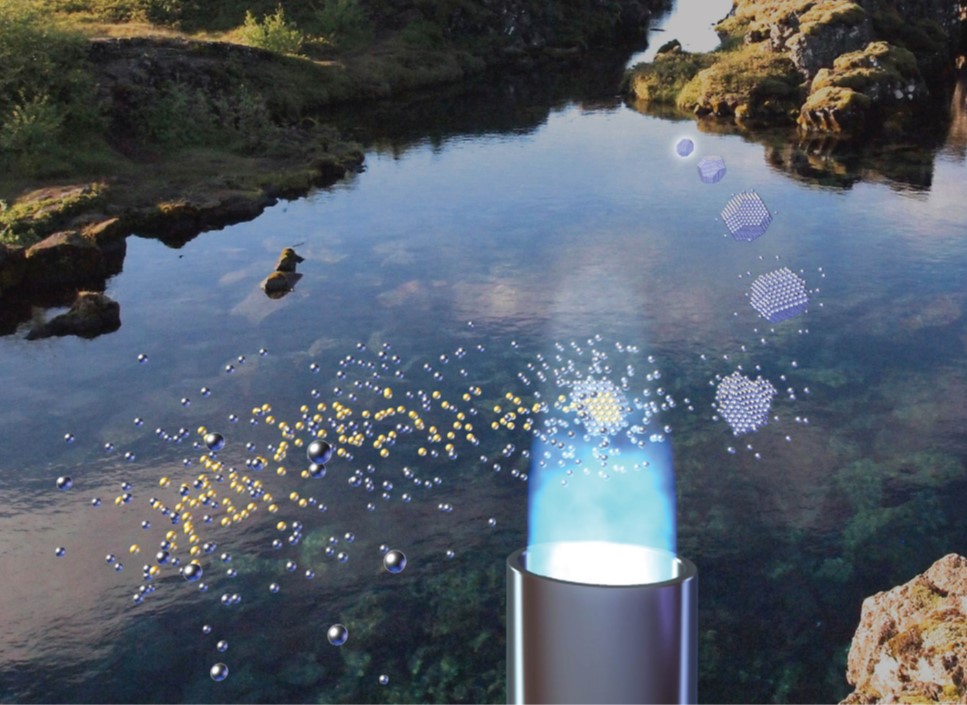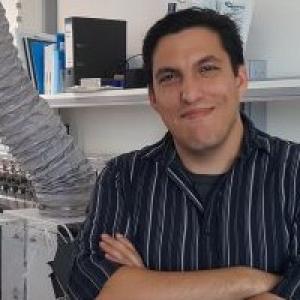Studying the Natural Environment and Emerging Contaminants One Nanoparticle at a Time
Despite their small size, nanoparticles are responsible for several environmental processes ranging from the biogeochemical cycling of elements to the transport of toxicants such as heavy metals and radionuclides. The advent of engineered nanotechnology in the recent years necessitated the development of sensitive and selective analytical tools and techniques capable of exploring the nanoscale. These new analytical approaches, such as single particle ICP-MS, are now being used to better understand the natural environment and the impacts of anthropogenic activities. In this talk, case studies of the South Platte Watershed (Denver, CO, U.S.A.), Clark Fork River (Montana, U.S.A.), and the Athabasca River (Alberta, Canada) demonstrate the applicability of using nanoanalysis to study the transport of lead and other trace metals; as well as, the distribution of clay minerals and metal oxides in the suspended sediment. Looking to the future, we also demonstrate how nanoparticle analysis can be used to study new classes of emerging contaminants such as microplastics and nanoplastics in complex environmental and biological media. It is with the continued development of these tools and instruments we can further our ability to study the behavior and ecotoxicological impacts of these contaminants.

About the Speaker

Dr. Manuel Montaño is an Assistant Professor in the Environmental Sciences department at Western Washington University. Dr. Montaño received his PhD from the Colorado School of Mines in Applied Chemistry, where his thesis focused on the development of analytical tools and techniques for the study of engineered nanoparticles in natural systems. His postdoctoral work at Duke University involved the study of the polymer additive and plasticizer release from polymer nanocomposites and the quantification of carbon nanotubes in estuarine sediment. While at the University of Vienna, he developed methods and techniques for single particle ICP-time-of-flight mass spectrometry in order to better examine the nanogeochemical environment and anthropogenic impacts such as acid mine drainage. Since joining WWU in 2019, his work has continued to focus on the nanoscale environment, examining a diverse array of contaminants including microplastics, nanofungicides, and stormwater discharge.
Environmental Speaker Series
The Environmental Speaker Series is hosted by the College of the Environment at Western Washington University.
The Series is free and open to the public. Talks are held each Thursday at 4:30 pm in Academic Instructional Center West room 204 - AW-204. Talks will also be streamed via zoom. Register with the Alumni Association for the zoom link. Paid parking is available in lot C.
Learn more about the Environmental Speaker Series
Subscribe to the Email List